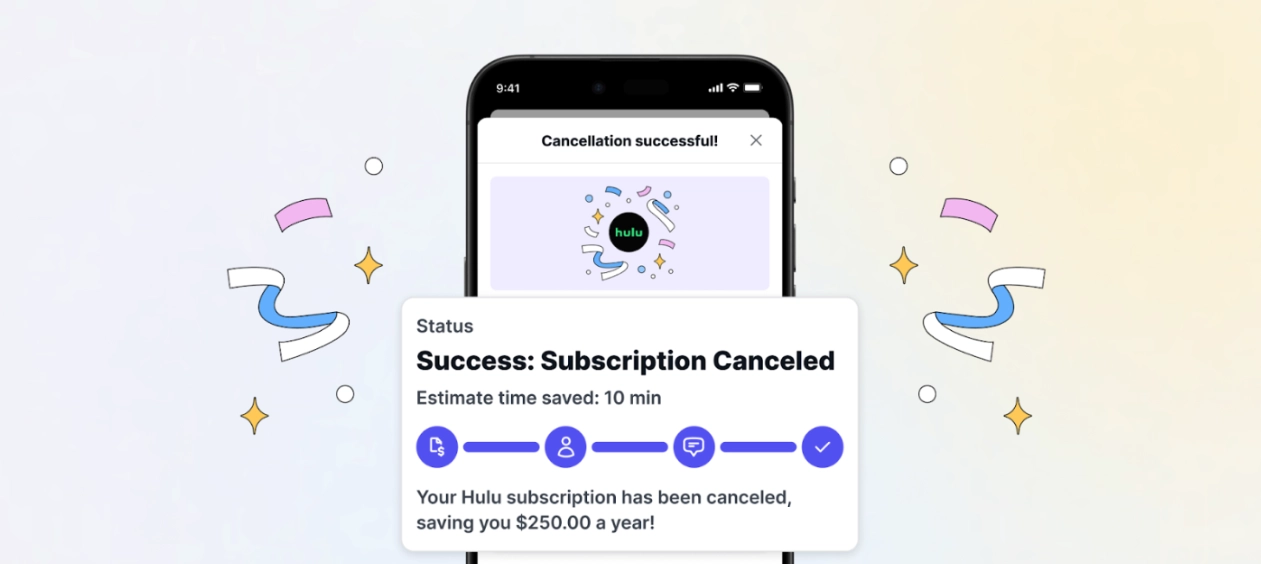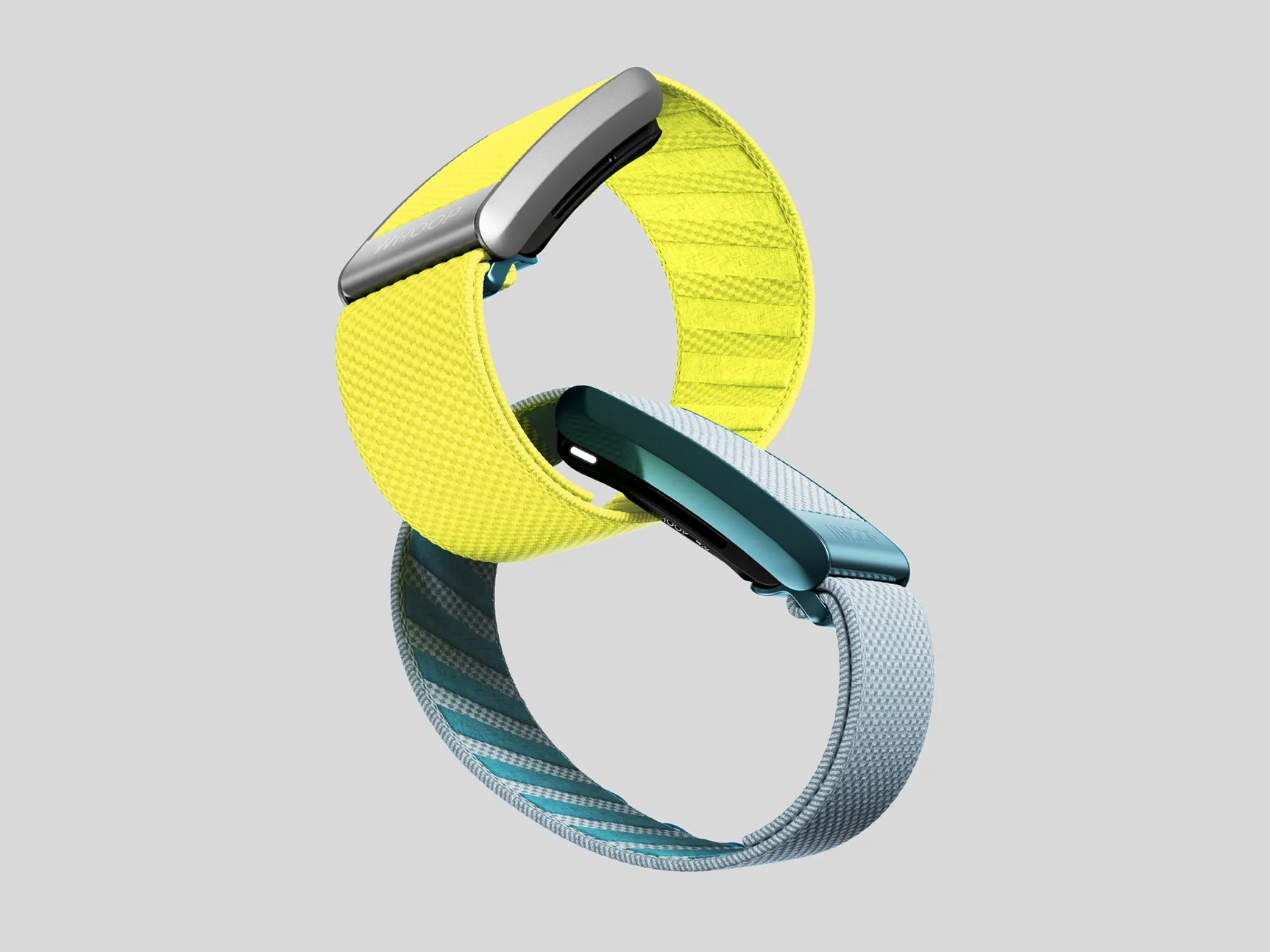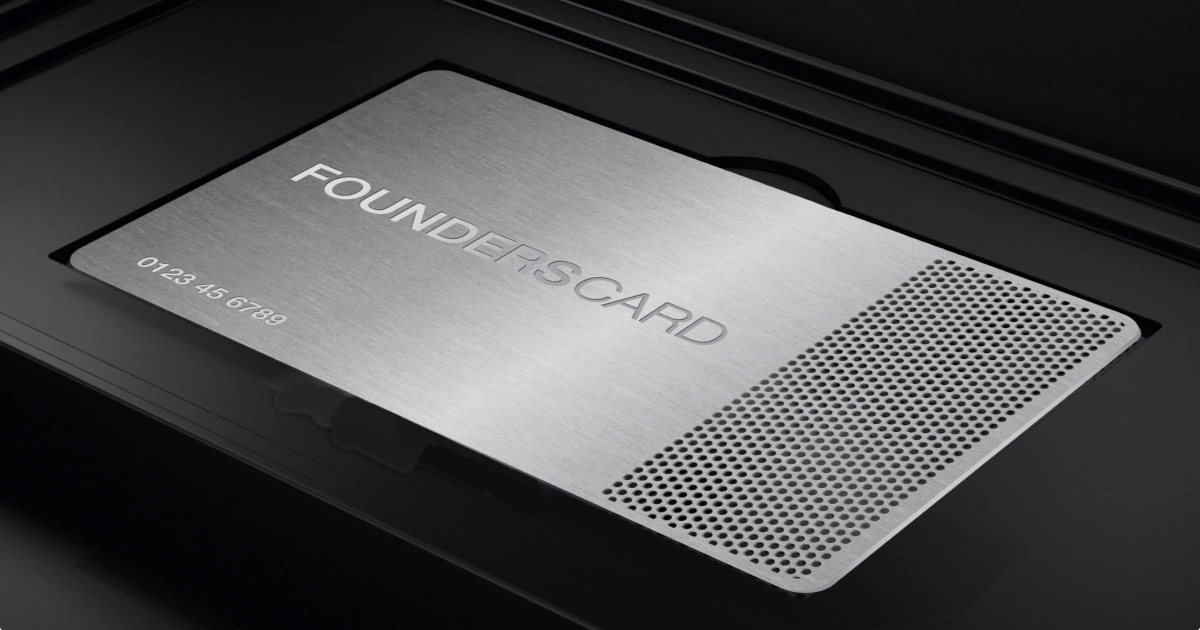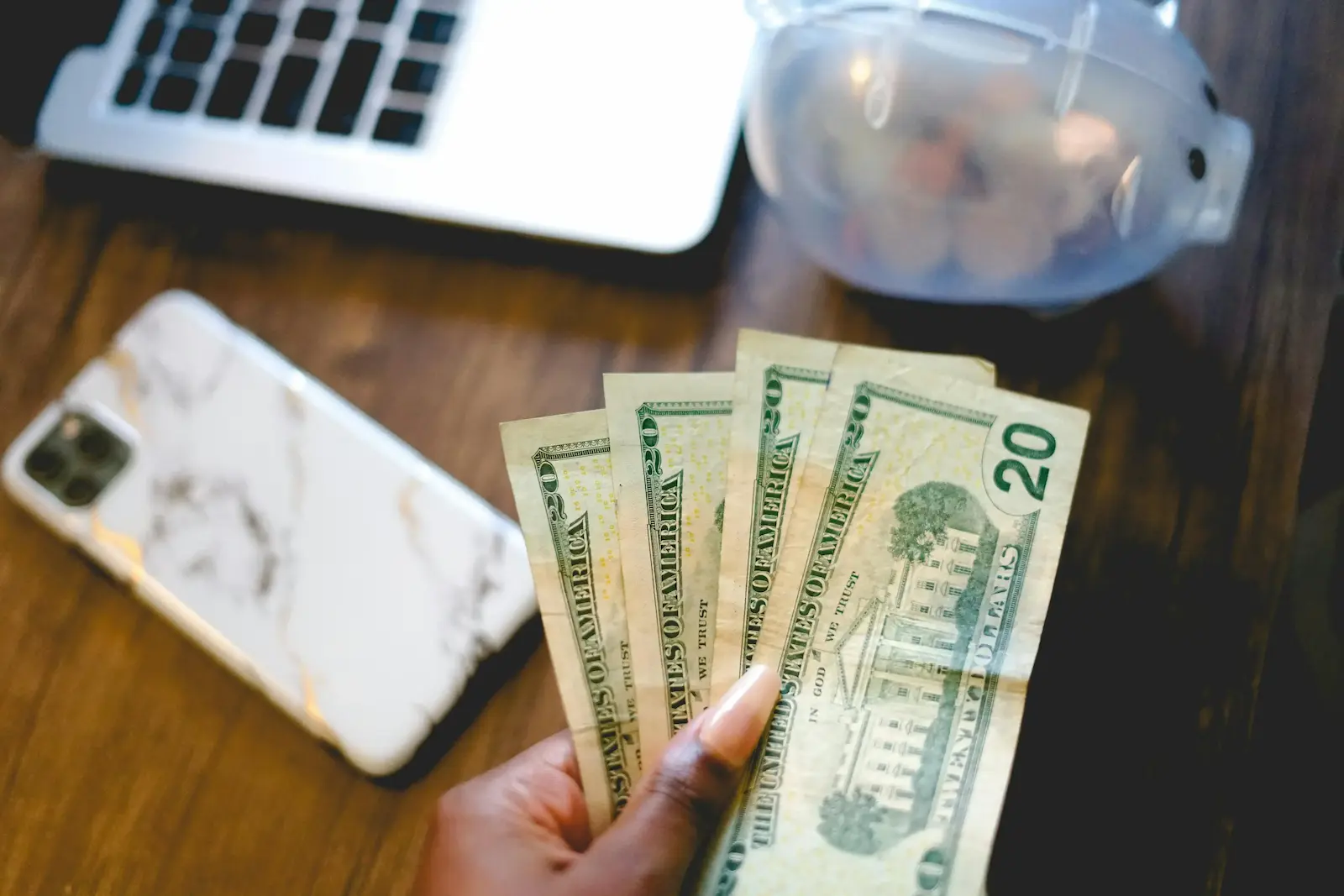
Kudos has partnered with CardRatings and Red Ventures for our coverage of credit card products. Kudos, CardRatings, and Red Ventures may receive a commission from card issuers. Kudos may receive commission from card issuers. Some of the card offers that appear on Kudos are from advertisers and may impact how and where card products appear on the site. Kudos tries to include as many card companies and offers as we are aware of, including offers from issuers that don't pay us, but we may not cover all card companies or all available card offers. You don't have to use our links, but we're grateful when you do!
Does a Bounced Check Affect Your Credit Score?
July 1, 2025

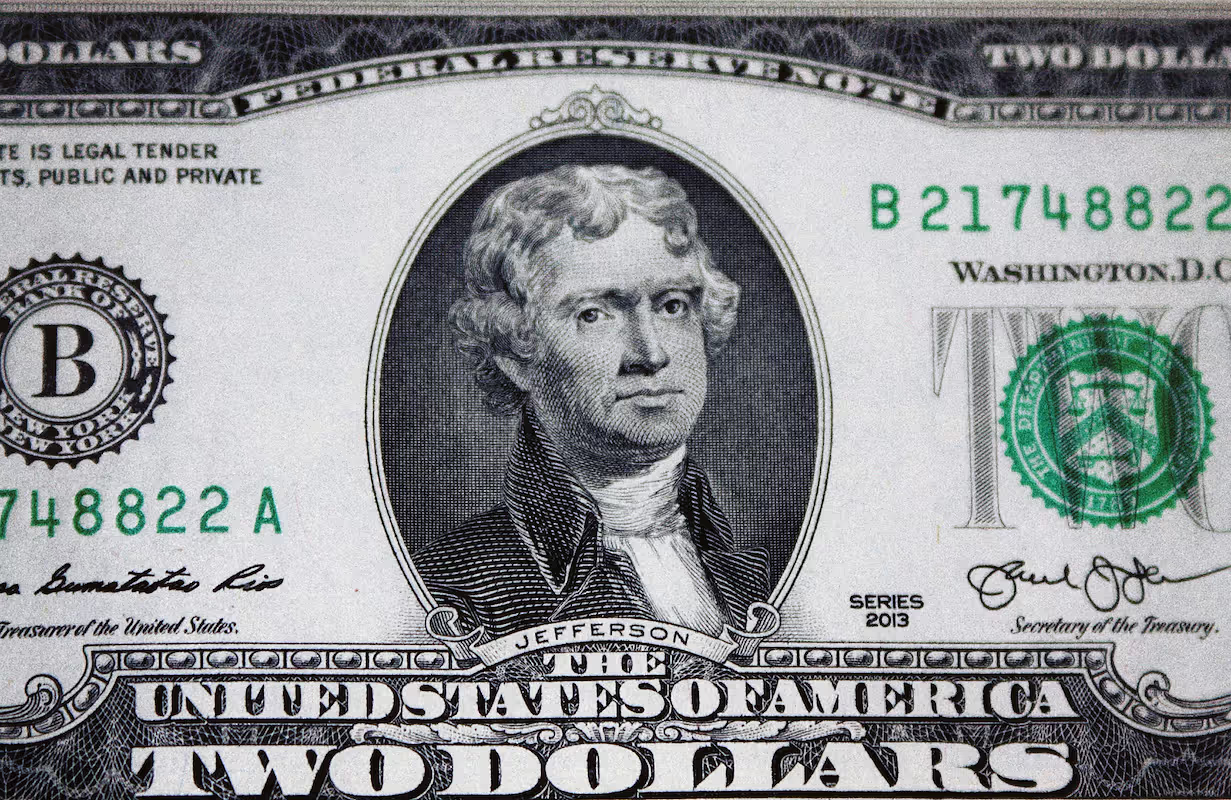
Quick Answers
A bounced check does not directly impact your credit score, as credit bureaus do not track your checking account activity.
If the unpaid debt from the check is sent to a collection agency, the collection account can be reported to credit bureaus and negatively affect your score.
The incident may be reported to a consumer reporting agency like ChexSystems, which can make it difficult to open new bank accounts, but this is separate from your credit report.
What Is a Bounced Check?
A bounced check, also known as a returned check, occurs when a financial institution refuses to honor a check because the account it is drawn on has insufficient funds. This situation is formally referred to as having non-sufficient funds (NSF), meaning the account holder wrote the check for an amount greater than their available balance. Consequently, the bank will not process the payment to the recipient.
While a bounced check itself doesn't directly impact your credit score, the subsequent events can. The recipient may turn the unpaid debt over to a collection agency if you fail to settle the amount owed. This collection account can then be reported to the major credit bureaus, potentially lowering your credit score.
How a Bounced Check Can Affect Your Credit Score
While a bounced check doesn't directly impact your credit score, the chain of events it can trigger certainly can. Here’s how a simple mistake could escalate into a credit-damaging problem.
- The Initial Bounce: Your bank returns the check due to non-sufficient funds (NSF). This action itself is not reported to credit bureaus, but you will likely face fees from both your bank and the payee.
- Direct Collection Attempts: The recipient of the check will attempt to collect the owed amount, plus any fees, directly from you. At this stage, the issue remains a private matter and does not affect your credit.
- Debt Sent to Collections: If you fail to resolve the debt with the payee, they may sell the debt to a third-party collection agency. This is the critical point where your credit score becomes vulnerable.
- Negative Credit Reporting: The collection agency will report the unpaid debt to the major credit bureaus (Equifax, Experian, and TransUnion). This collection account can remain on your credit report for up to seven years, significantly lowering your score.
How Much Will a Bounced Check Affect Your Credit Score?
A bounced check doesn't directly lower your credit score, but its consequences can. The extent of the damage depends on how the situation is handled and what gets reported.
- Credit Bureau Reporting: A single bounced check is not reported to the major credit bureaus. Therefore, you will not see an immediate drop in your FICO or VantageScore from the check itself.
- Debt Collection Accounts: If the unpaid debt is sent to a collection agency, that account can appear on your credit report. This action can significantly lower your credit score and remain for up to seven years.
- Checking Account Reporting: Your bank may report the incident to a consumer reporting agency like ChexSystems. This won't hurt your credit score but can make opening new bank accounts difficult.
How You Can Avoid a Bounced Check Affecting Your Credit Score
Settle the Debt Immediately
The quickest way to prevent credit damage is to pay the merchant what you owe right away. This includes the original amount and any fees. Resolving the issue directly often stops the merchant from reporting the unpaid debt to a collection agency or credit bureaus.
Negotiate with Collection Agencies
If the debt is already with a collection agency, contact them to arrange payment. You might be able to negotiate a "pay-for-delete" agreement, where they agree to remove the negative item from your credit report once the debt is settled in full.
Monitor Your Credit Report
Regularly check your credit reports from all three major bureaus. If a bounced check appears as a negative mark, you can dispute it if it's an error. Early detection allows you to address the problem before it causes significant, long-term damage to your score.
Ways to Improve Your Credit Score
Improving your credit score is an achievable goal that relies on consistent, positive financial behavior. By following some proven methods, most people can see meaningful changes to their score within three to six months.
- Monitor your credit reports regularly. Obtain free reports from the major bureaus to identify and dispute inaccuracies, detect identity theft, and track your progress.
- Establish automatic bill payments. Setting up automatic payments ensures you never miss a due date, which is crucial since payment history is the most significant factor in your score.
- Reduce your credit utilization ratio. Aim to keep your credit usage below 30% by paying down balances or requesting credit limit increases on your accounts.
- Become an authorized user. Being added to a credit card account with a strong payment history and low utilization can help boost your own score, provided the account reports to all major bureaus.
- Diversify your credit mix. Lenders like to see that you can responsibly manage different types of credit, such as credit cards, installment loans, and mortgages.
- Limit hard inquiries. Space out new credit applications and use prequalification tools to avoid multiple hard inquiries, which can temporarily lower your score.
The Bottom Line
A bounced check won't directly lower your credit score. However, if the unpaid debt is sent to a collection agency, this can negatively affect your credit report and overall score.
Frequently Asked Questions
Can a single bounced check ruin my credit score?
Not directly. A single bounced check isn't reported to credit bureaus, but if the unpaid amount is sent to a collection agency, that can significantly damage your score.
How long does a bounced check affect my financial record?
While the check itself isn't on your credit report, a resulting collection account can stay on your report for up to seven years from the date of delinquency.
Will paying the bounced check immediately fix any credit damage?
Paying the merchant prevents the debt from going to collections. If it's already been reported, paying it will show the account as "paid," but the negative mark will remain.
Unlock your extra benefits when you become a Kudos member

Turn your online shopping into even more rewards

Join over 400,000 members simplifying their finances

Editorial Disclosure: Opinions expressed here are those of Kudos alone, not those of any bank, credit card issuer, hotel, airline, or other entity. This content has not been reviewed, approved or otherwise endorsed by any of the entities included within the post.



































.webp)

.webp)

